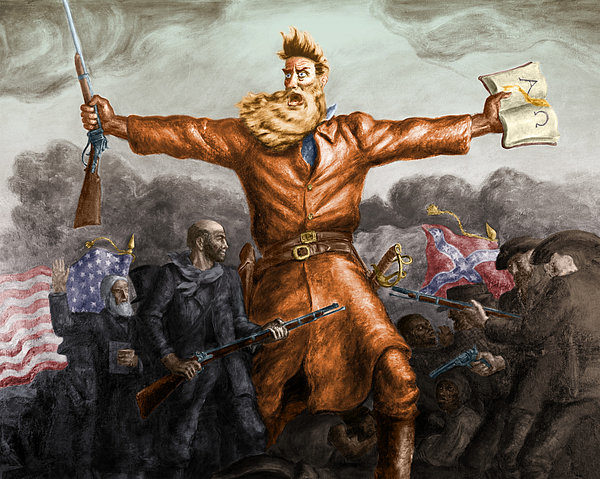For those of you who read the Katherine Schultz essay, “The Moral Judgments of Henry David Thoreau,” how do you think Schultz’s characterizations of Thoreau compare to your actual experience of reading him in “Civil Disobedience”? Please try to use some examples from both texts.
What do you think Thoreau means by the terms “government” and “expedient” in the essay? As multivalent terms, what do they connote and what are their shifting valences throughout the text?
What similarities and continuities inhere between Thoreau’s “Civil Disobedience” and Emerson’s “Self-Reliance”? What might be the transcendentalist theory of democracy and how do we see it playing out in Thoreau?
On page 380, when Thoreau exits the Concord jail, in a queer passage he writes: “When I was let out the next morning, I proceeded to finish my errand, and, having put on my mended shoe, joined a huckleberry party, who were impatient to put themselves under my conduct; and in half an hour,–for the horse was soon tackled,–was in the midst of a huckleberry field, on one of our highest hills, two miles off, and then the State was nowhere to be seen.” In the context of both the section of the essay in which it appears and in the essay as a whole, how do you interpret this passage?
What passage stood out to you and why? Please quote from it and give analysis/explication that shows its relation to some of the work’s broader themes.


